ODM to Recall 6 MPs for Supporting Finance Bill 2024
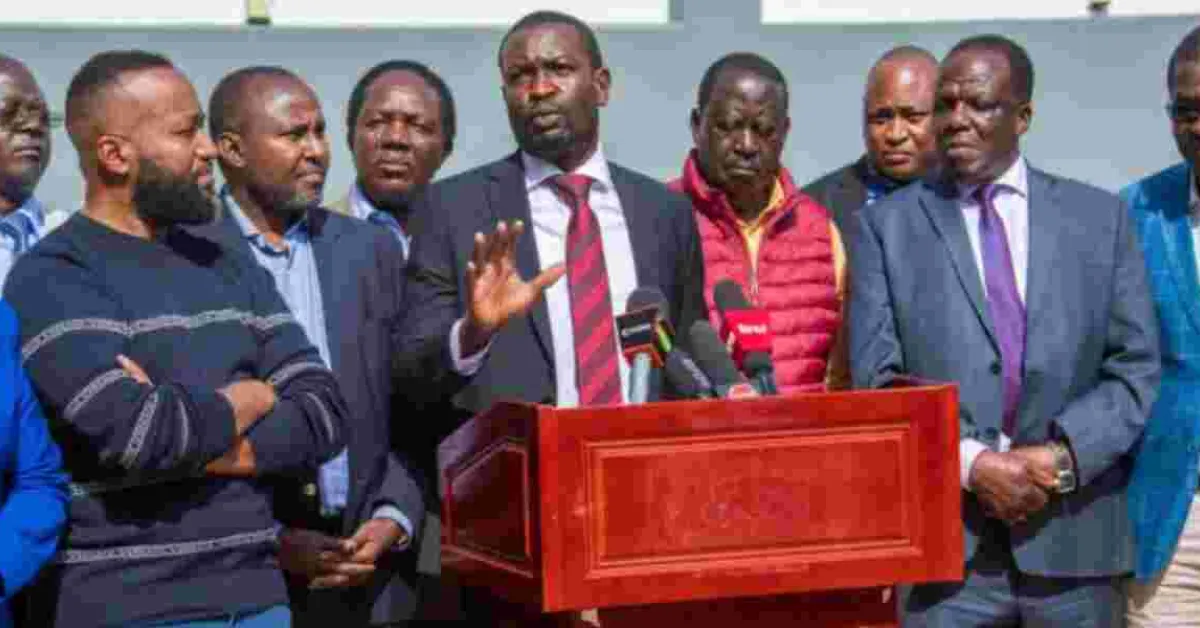
Kenya has witnessed sustained protests primarily led by the younger generation, despite the withdrawal of a contentious bill.
The demonstrations reflect broader dissatisfaction with President William Ruto's leadership. This unrest has brought several legislators into the spotlight, as they now face potential loss of their seats. Among those at risk are Elisha Odhiambo of Gem, Gideon Ochanda of Bondo, Emmanuel Wangwe of Navakholo, Memusi Kanchori of Kajiado Central, Bernard Shinali of Ikolomani, and Caroli Omondi of Suba South. The Orange Democratic Movement (ODM) Secretary General Edwin Sifuna has announced plans to initiate recall proceedings against lawmakers deemed to be "repeat offenders" who have violated public trust.
This move comes in the wake of widespread opposition to the Finance Bill 2024, which Kenyans vocally rejected on social media platforms using the hashtag #RejectFinanceBill. The public outcry has led to calls for action against parliamentarians who supported the bill. However, the process of recalling a Member of Parliament (MP) in Kenya is fraught with legal complexities. The Constitution and the Elections Act stipulate specific conditions under which an MP can be removed from office. These include breaking the law, engaging in misconduct that tarnishes the reputation of their position, or mismanaging public funds.
The current situation with the six MPs mentioned earlier is expected to set a precedent for future recall processes. The recall procedure can only be initiated by a registered voter in the MP's constituency, and it must occur within a specific timeframe - after two years have elapsed since the last election but before the final year of the current term. The process is rigorous and requires the petitioner to collect signatures from at least 30% of registered voters, including a minimum of 15% from at least half of the constituency's wards.
Once the signatures are gathered, the petitioner must submit them to the Independent Electoral and Boundaries Commission (IEBC), along with a detailed list of grounds for recall and supporting evidence. The IEBC then validates the petition and signatures before proceeding. The MP in question is then allowed to respond to the allegations. If the recall petition is deemed valid, the election board must inform the Speaker of Parliament within 15 days and commence the recall process.
The IEBC is required to organize a recall election within 90 days of verifying the petition. If a majority of voters in this election choose to remove the MP from office, the seat is declared vacant and a by-election is subsequently organized to fill the position. In response to the ongoing protests, President William Ruto has committed to establishing a fully operational electoral commission within 10 days. This pledge addresses one of the key demands of the demonstrators, who have insisted on the reconstitution of the IEBC within 30 days to facilitate the recall of problematic MPs and conduct new elections.

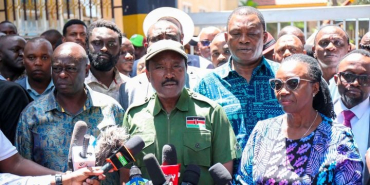


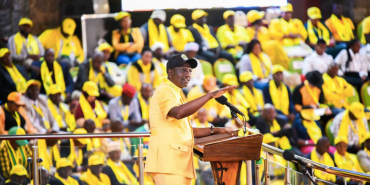
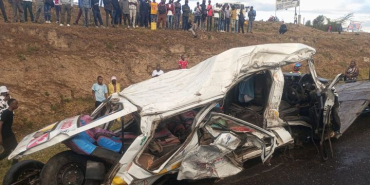
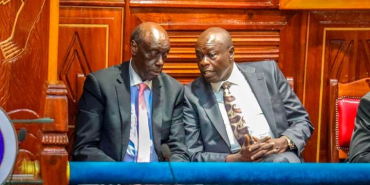
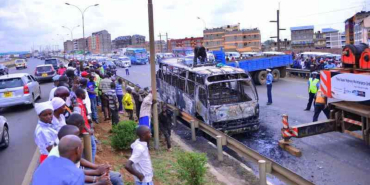
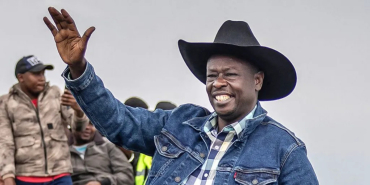





Comments
Fire them all enmass! They…
Permalink
Fire them all enmass! They are useless and are serving their stomaches instead of serving the people who elected them.
They are practicing their…
Permalink
They are practicing their constitutional right. What a contradiction of a leader RAO is if he doesn't respect the so called Western Democracy that he appears to crammer and viciously fights for which is good (the latter).
Recall every one of those…
Permalink
Recall every one of those greedy MPs who voted yes! Let the seek fresh mandate from the people.
One Man’s Marakey aka ODM,…
Permalink
One Man’s Marakey aka ODM, is a one man dictatorship outfit of thievery and corrupt conmanship!!! In a democracy, members should be free to exercise their own conscience regardless of their king’s opinion!!! It’s all 🐂 shìt!!!
Add new comment